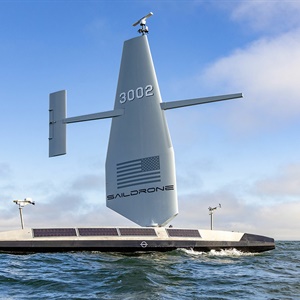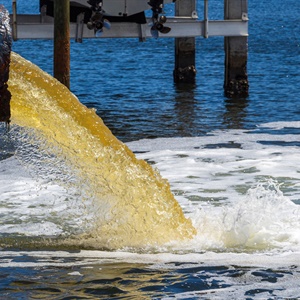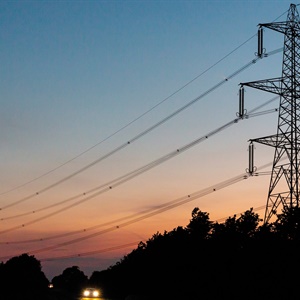Honda R&D successfully launches and lands reusable rocket prototype from Japan facility
Honda’s experimental reusable rocket has reached an altitude of nearly 300 metres before successfully touching down on its landing site. Although not known for its space aspirations, the auto giant Honda has for the past few years been developing a reusable rocket prototype under its research and development arm Honda R&D. Since 2024 its 6.3 metre-long reusable rocket has been undergoing engine combustion and hovering tests at Honda’s facility in Taiki, Hokkaido, Japan. On Tuesday the rocket successfully completed its first launch and landing test. Having reached an altitude of 271 metres, it returned and successfully touched down 37cm off its target landing point. The entire flight took less than 57 seconds. It enabled Honda R&D to test the technologies essential for a reusable rocket…























